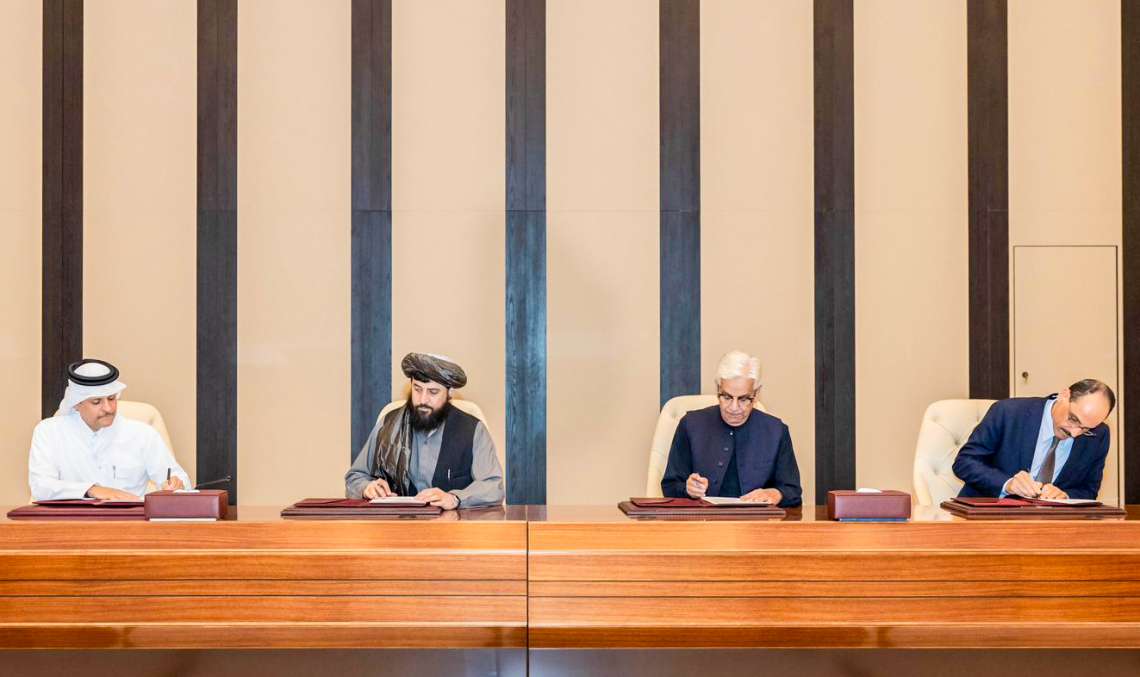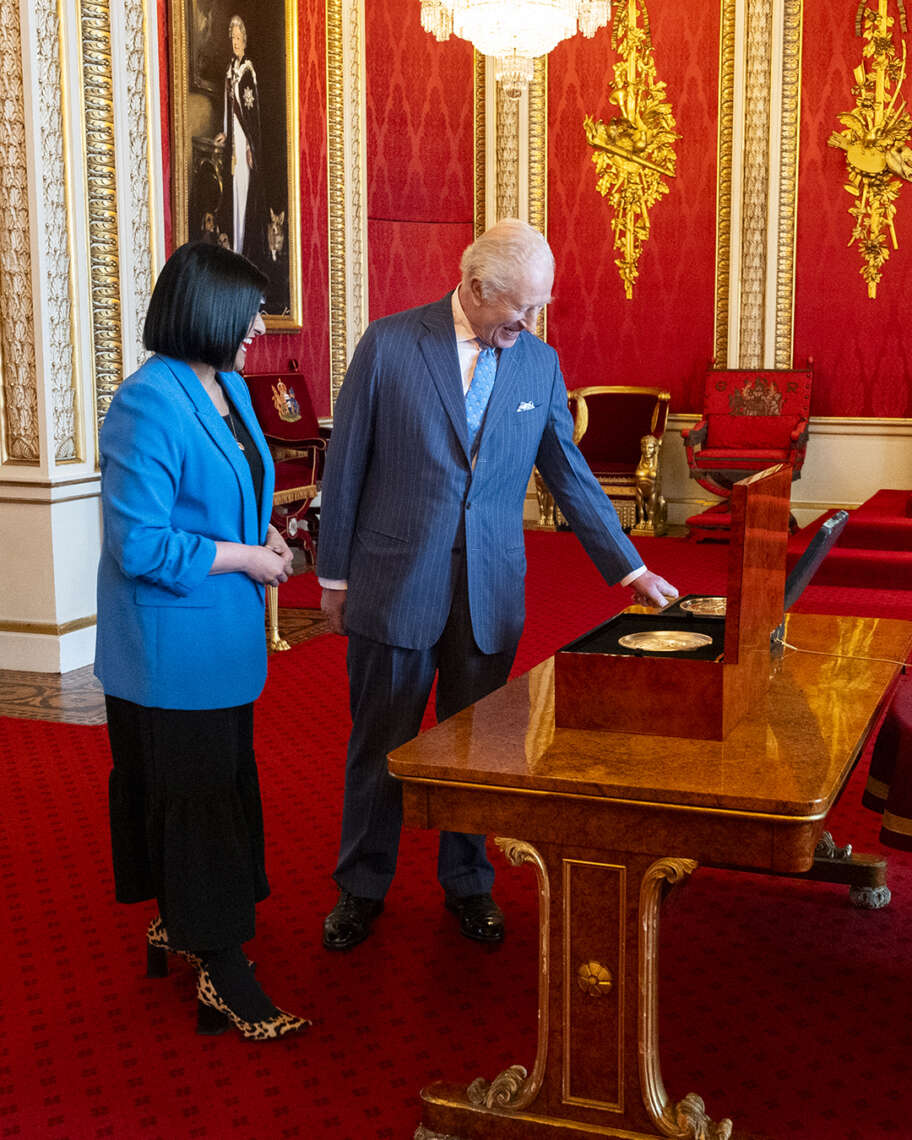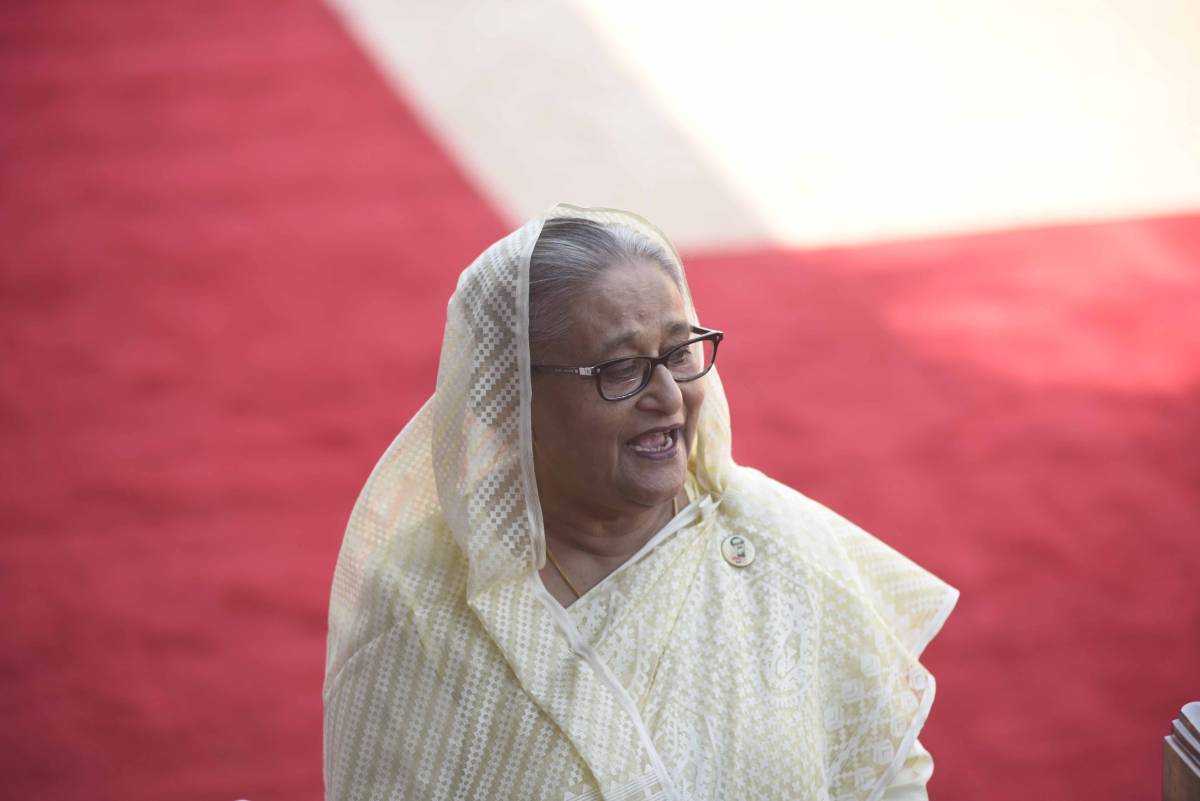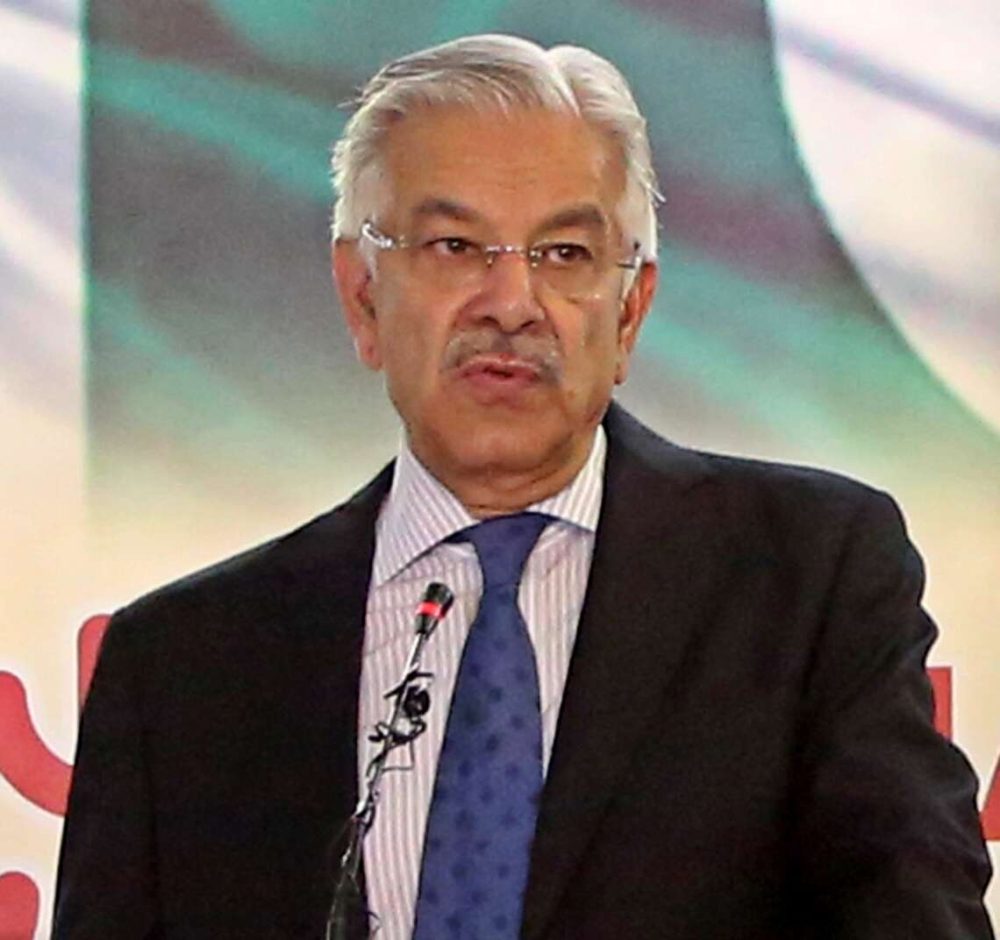This includes cracking down on music in public, from live performances to playing at gatherings, in restaurants, in cars or on radio and TV
Taliban authorities have arrested 14 people in northern Afghanistan for playing musical instruments and singing, activities they restricted since taking power, provincial police said on Saturday. The Taliban government has steadily imposed laws and regulations that reflect their austere vision of Islamic law since seizing power in 2021.
This includes cracking down on music in public, from live performances to playing at gatherings, in restaurants, in cars or on radio and TV.
The police said in a statement that on Thursday night in the capital of northern Takhar province “fourteen individuals… took advantage of the nighttime to gather in a residential house where they were playing musical instruments and singing songs, which caused disturbance to the public.” Those detained were under investigation, it added.
After their takeover, Taliban authorities shuttered music schools and smashed or burned musical instruments and sound systems, saying music caused “moral corruption” and public disturbance. Wedding halls are no longer allowed to play music, though segregated women’s sections often do so secretly.
Many Afghan musicians fled the Taliban takeover out of fear or in need of work after losing their livelihoods in one of the world’s poorest countries. The Taliban authorities have encouraged former musicians to turn their talents to Islamic poetry and unaccompanied vocal chants — the only forms of music allowed under their previous rule from 1996-2001.

Taliban bars women from looking out of windows
Earlier, the Taliban’s moral police has banned women from looking out of windows. Taliban’s Spokesperson Zabihullah Mujahid announced the decree that aims to solve “obscene acts”.
“Seeing the place where the women live, the kitchen and the door of the bathroom and the toilet door are also dangerous,” the decree said. In an event where such a window opens an area of the house where women frequent, the neighbour is supposed to close the wall.
The municipality has been instructed to oversee that the law is implemented. “This decree is in force from the date of notification,” it further said. Earlier on November 1, Taliban had imposed a new, oppressive rule that silences Afghan women’s voices even further, the latest step banned them from hearing each other’s voices to erase “women entirely from public life and society,” reported the New York Post.
The Taliban Minister for the Promotion of Virtue and Prevention of Vice, Khalid Hanafi, banned Afghani women from hearing each other’s voices. “Even when an adult female prays and another female passes by, she must not pray loudly enough for them to hear,” he said in his message, as reported by NY Post. A woman’s voice is considered “awrah” – meaning that which must be covered and shouldn’t be heard in public – Hanafi said, as per NY Post.
“When women are not permitted to call takbir or athan [Islamic call to prayer], they certainly cannot sing songs or [make] music,” NY Post quoted Hanafi as saying. “How could they be allowed to sing if they aren’t even permitted to hear (each other’s) voices while praying, let alone for anything else.”
The Taliban have been slashing away at women’s and girls’ rights since returning to power in August 2021. The de facto authorities have issued edicts, directives and decrees, including limiting girls to primary-level education, banning women from most professions and prohibiting them from using parks, gyms and other public places, UN said in a statement.
“Now, more than ever, it’s crucial to include women in all matters concerning Afghanistan’s future meaningfully,” said former Afghan diplomat Asila Wardak of the Women’s Forum on Afghanistan, as per UN.
Stressing that the country’s future “cannot be built on the exclusion of half of the population,” she said that “women must be part of the solution, not sidelined.”














